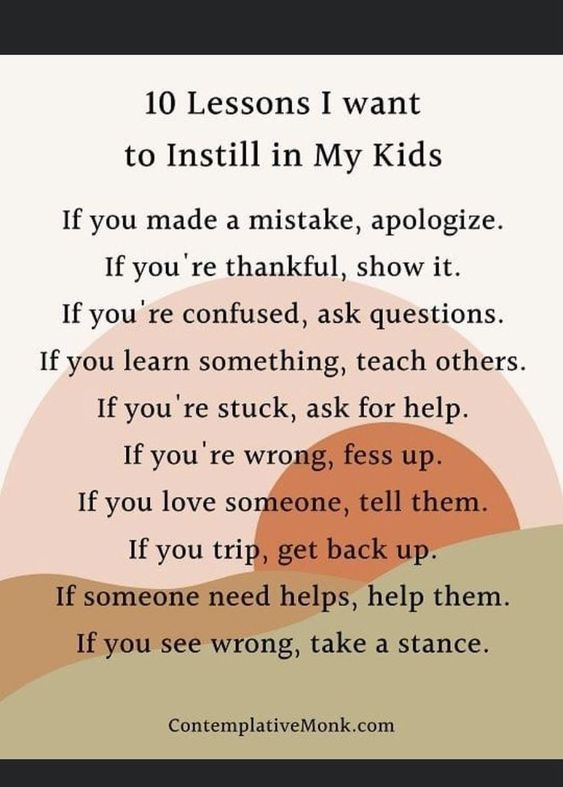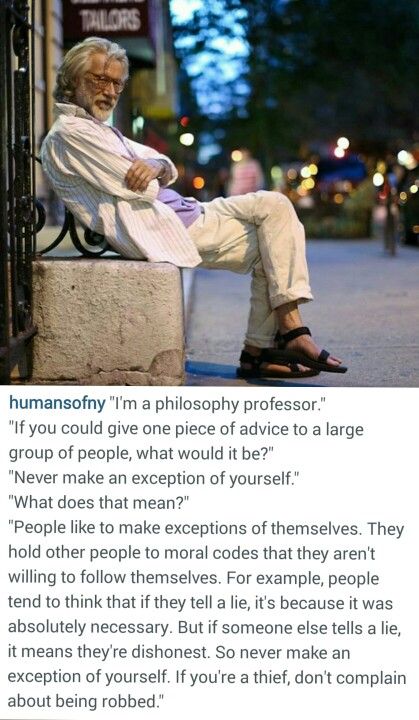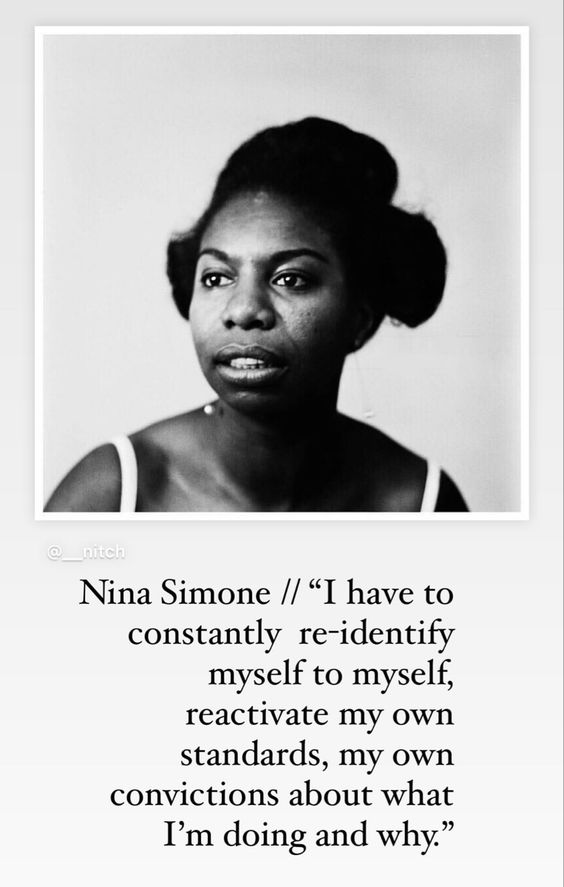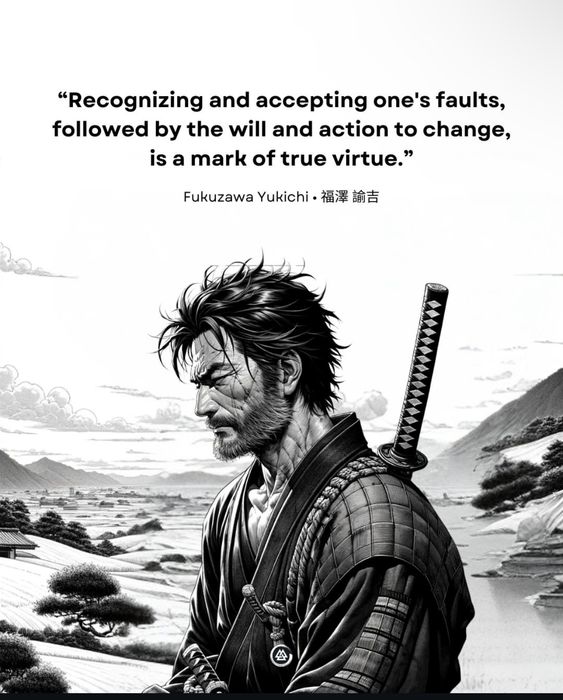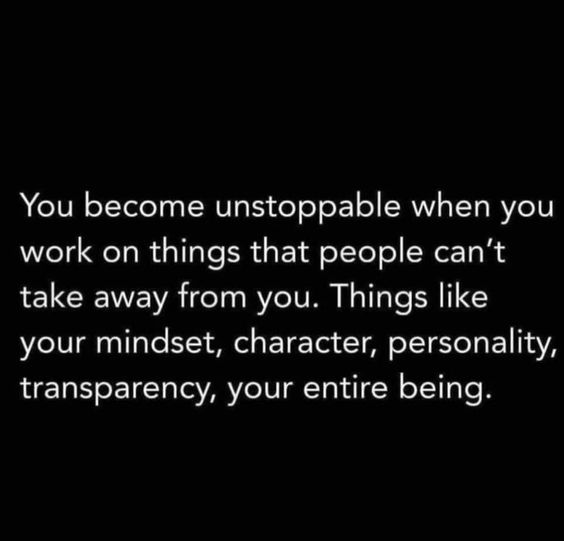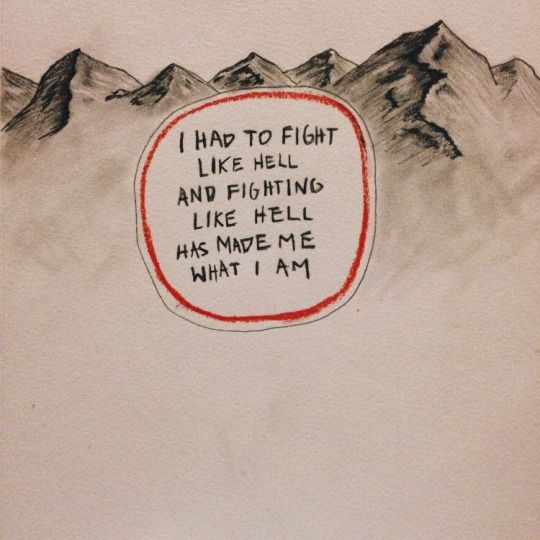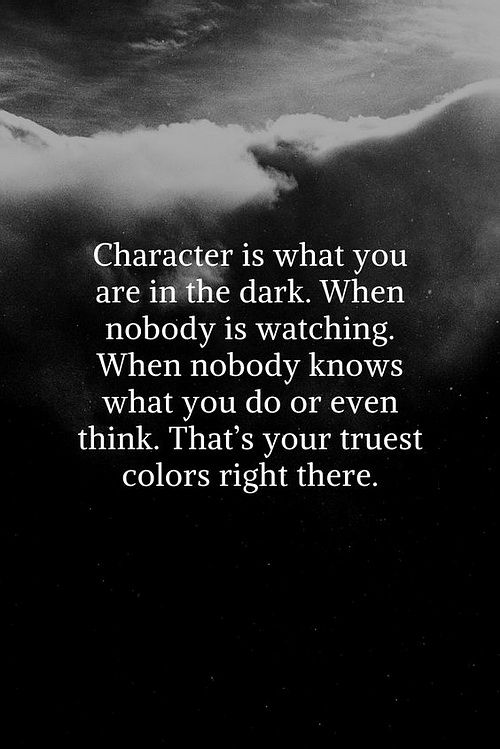“Queen Elizabeth inherited the monarchy. Marcus Aurelius was selected for the purple as a boy. But it wasn’t the throne that made either of them kingly, it was their behavior. They were what the ancients called first citizens, for their character as much as their rank. As Marcus said, his aim was never to be the most powerful king, never to conquer the most territory, or build the most beautiful buildings. Instead, he was after ‘perfection of character: to live your last day, every day, without frenzy or sloth or pretense.’ It just happens that wonderful external accomplishments, like those achieved by Elizabeth and Marcus, can come out of internal endeavor. They are not the goal, they are the byproduct.”
Ryan Holiday, Discipline Is Destiny (Page 283)
“Even if you have drifted off the path. Marcus Aurelius tried to remind himself that there was a spring of goodness inside of him and that no matter what he or anyone shoveled on some of it, it was still there, still fresh and new and ever-flowing. The Stoics did not believe in original sin. They did not think we were hopelessly broken. They believed that being who we were—living well, living as our nature intended us to live—was always possible. You might be low and awful right now, Marcus Aurelius writes in Meditations, but in just a few days you can be worthy of being seen as a god. He was telling himself he just had to go back to the teachings, go back to his principles, go back to the spring.”
Ryan Holiday
“At the ashram, the most straightforward path to humility was through simple work, menial tasks that didn’t place any participant at the center of attention. We washed huge pots with hoses, pulled weeds in the vegetable garden, and washed down the squat toilets—the worst! The point wasn’t just to complete the work that needed to be done. It was to keep us from getting big-headed. Some tasks build competence, and some build character.”
Jay Shetty, via Think Like A Monk (Page 178)
“Your mind will take on the character of your most frequent thoughts: souls are dyed by thoughts.”
Marcus Aurelius, Meditations (Page 41)
“Every man becomes what he teaches others to be. Those who gain victory over themselves will gain victory over others. It is most difficult to achieve victory over oneself. Every man has power only over himself.”
Dhammapada, via A Calendar of Wisdom (Page 336)
“The root is the fulcrum on which will rest the expression of your soul; the root is the ‘starting point’ of all natural manifestation. If the root is right so will be all its manifestation. It cannot be, when the root is neglected, that what should spring from it will be well-ordered.”
Bruce Lee, Striking Thoughts (Page 12)
“People involve themselves in countless activities which they consider to be important, but they forget about one activity which is more important and necessary than any other, and which includes all others things: the improvement of their soul.”
Leo Tolstoy, A Calendar of Wisdom (Page 109)
“What we practice, we become. What’s true of playing the piano or throwing a ball also holds for our capacity to move through the world mindlessly and destructively or generously and gracefully. I’ve come to think of virtues and rituals as spiritual technologies for being our best selves in flesh and blood, time and space.”
Krista Tippett, Becoming Wise (Page 9)
“Character is a powerful defense in a world that would love to be able to seduce you, buy you, tempt you, and change you. If you know what you believe and why you believe it, you’ll avoid poisonous relationships, toxic jobs, fair-weather friends, and any number of ills that afflict people who haven’t thought through their deepest concerns.”
Ryan Holiday, The Daily Stoic (Page 132)
Eckhart Tolle Quote on Understanding Who You Are and How You Might Best Influence Others
“Who you are is always a more vital teaching and a more powerful transformer of the world than what you say, and more essential even than what you do.”
Eckhart Tolle, The Power of Now (Page 202)
Beyond the Quote (257/365)
But, isn’t what we say and what we do, who we are? Sure, our words and actions are key indicators of our identity, but what Tolle points out as being even more important is the intention behind the words and actions. It’s in how we say what we say and in how we do what we do that makes all of the difference. This is a crucial understanding because therefore, it’s the how that points us to understanding who we are.
Read More »Eckhart Tolle Quote on Understanding Who You Are and How You Might Best Influence Others“The real and most dangerous opponents we face are fear, anger, confusion, doubt, and despair. If we overcome those enemies that attack us from within, we can attain a true victory over any attack from without.” ~ Morihei Ueshiba, Budo Secrets
